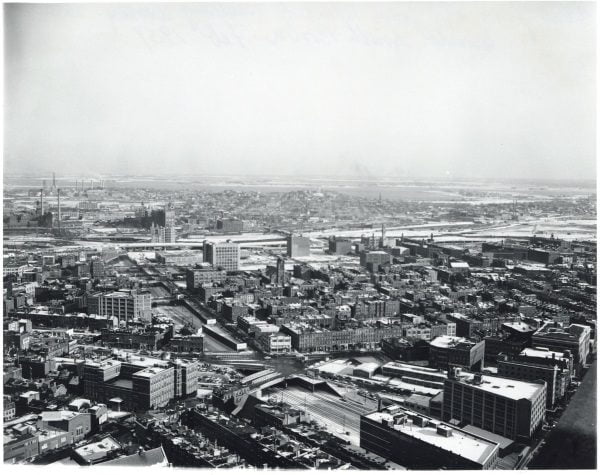Early settlement
The history of Boston, MA can be traced back from the 1630s when the Puritan colonists from England established a settlement there. Initially, the city was called Trimountaine before its name was changed to Boston by Thomas Dudley, the first deputy governor of Massachusetts. Boston is one of the oldest cities in the U.S that played a critical role in the American Revolution. As the capital of Massachusetts Bay Company, the city became a home to more than a 1000 European Puritans who had escaped religious and political executions. The Puritans acquired land from William, the first English settler. After the settlement of the Puritan colonists, the city drastically changed to a hot spot of unrest as the Puritans detested the hefty taxes imposed by the British parliament. As a result, the Puritans organized demonstrations to boycott the Townshend Acts of 1767 whose implementation led to the Boston Massacre.

The history of Boston, MA in the 19th century
After 1800, Boston re-established itself as a key transportation hub for the New England region. With a network of railroads, the city became the country’s intellectual, educational, commercial, religious and political center. Boston transformed from a small town to a cosmopolitan center that was characterized by extreme economic and population growth. The city became an integral part of New England’s triangular trade. In this case, Boston received sugar from the Caribbean so that it can be refined into run and molasses before being exported to various markets in Europe. With major infrastructural improvements, Boston was chartered and given the status of a city in the year 1822. That facilitated the construction of more railroads that enhanced the region’s industrial growth.
Boston in the 20th century
In the early decades of the 20th century, Boston witnessed series of riots when members of the Boston Police Department held an industrial action. To contain the situation and subdue violence, Calvin Coolidge replaced almost the entire police force. In 1934, a Sumner Tunnel was constructed, and it created a link between East Boston and the North End. By 1950, the economy of Boston was dealt a major blow after several factories closed down in a bid to move their operations to the South where labor was considered to be much cheaper. That led to the enactment of urban renewal policies where a considerable number of neighborhoods were demolished. Despite that, Boston economy started stabilizing in the 1970s where several financial institutions were given more latitude. That attracted more companies to come on board and enter the market making Boston be a major player in the mutual fund industry. That resulted in the expansion of various health care facilities including Massachusetts General Hospital.
Boston in the 21st century
In the recent past, Boston has lost local traditions and institutions. That includes the acquisition of Boston Globe by the New York Times. On the other hand, the city has become a hub technological and intellectual ideas. More importantly, the city experienced significant geographical expansion through landfill as well as the annexation of adjacent municipalities. That was achieved through the implementation of various reclamation projects such as the crown of Beacon Hill. Besides, the city’s growth can be attributed to the capture of neighboring communities such as Hyde Park.
